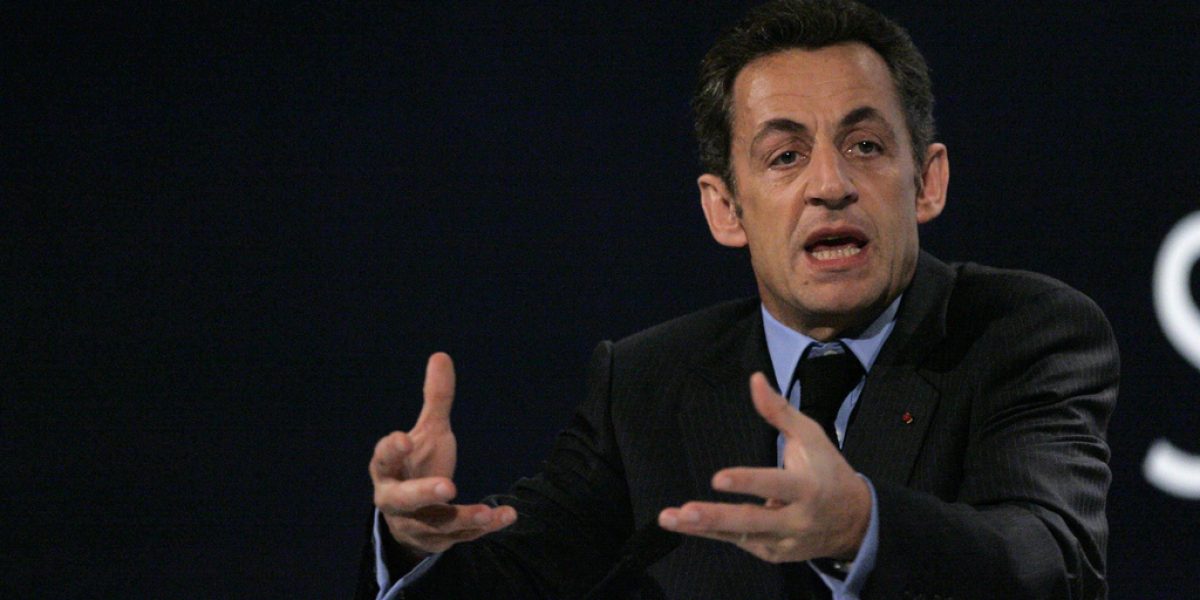President Nicolas Sarkozy came to power in 2007 promising change. In many ways he represents a new relationship with Africa and he is free of the baggage of his predecessors. However, in his rise through the Gaullist movement Sarkozy developed ties with some of Francophone Africa’s long-standing and authoritarian leaders. The result has been oscillation and ambivalence in French policy towards Africa. Military relations are a case in point. France has initiated extensive and important reform, including renegotiating all military and defence agreements and moving towards a reduction in French troop presence. However, the French military continue to intervene in a variety of settings and will remain present in at least two large bases on the continent. Equally, Africa continues to be of strategic importance to France, especially for oil and uranium.
However, change in France’s relations with Africa is occurring, and is more dependent on developments in individual Francophone African countries than on the reform debate in Paris. Côte d’Ivoire is an important example. Despite the decisive role played by the French military in April 2011, the relationship has for some years been driven by Côte d’Ivoire’s fluctuating crises, rather than by French policy decisions, and by perceptions of France’s role, often coloured with conspiracy theory. This prevalence of conspiracy theory in African perceptions of France is driven in part by a continued lack of transparency on the French side. It is also a product of an ambivalence by the Francophone African elite towards renewal, which mirrors that of the French.








